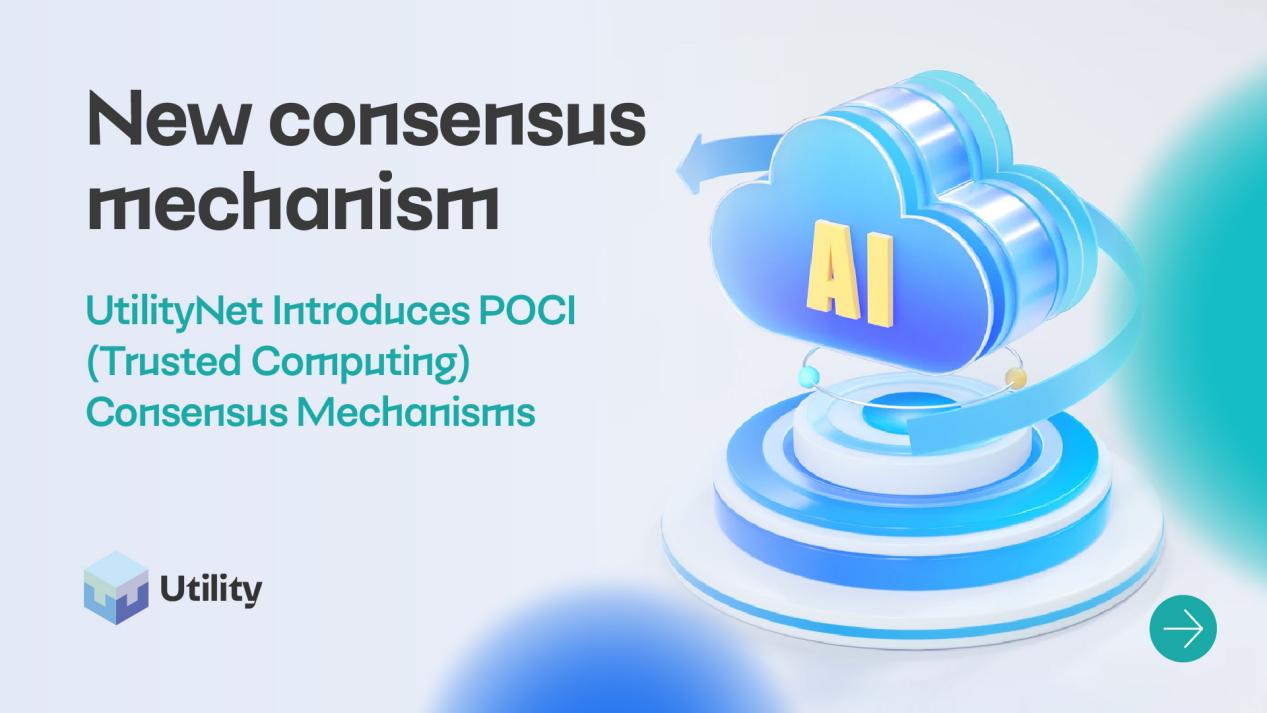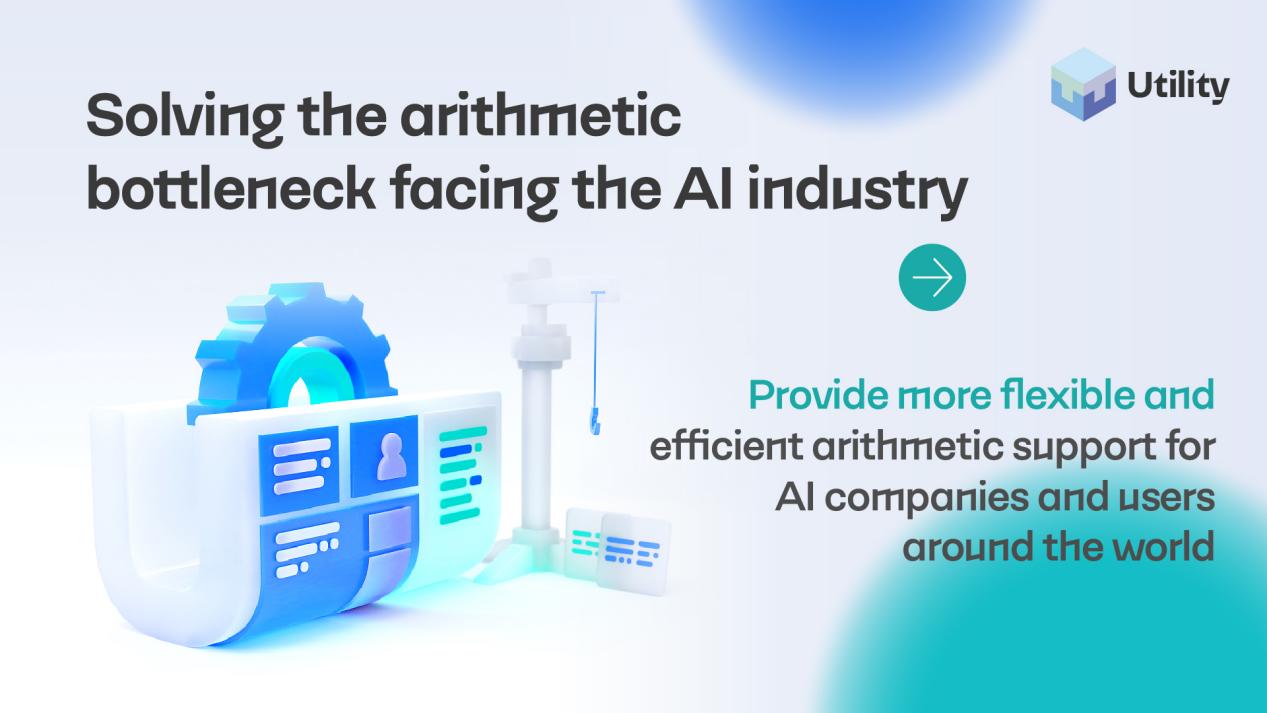AI computing power shortage? UtilityNet proposes a groundbreaking decentralized solution.
As ChatGPT's capabilities continue to grow, an increasing number of AI-related companies depend on it. In recent days, ChatGPT experienced prolonged downtime, prompting apologies even from OpenAI's founders, due to a surge in user activity. The root cause lies in insufficient computing resources behind ChatGPT, leading to system crashes when users make excessive requests in a short period.
The conventional centralized solution would involve Microsoft enhancing its supply of computing power to OpenAI, rapidly expanding Microsoft's AI cloud computing center hardware, and acquiring more servers and GPUs. However, both from a capital investment perspective (ChatGPT, despite having paid services, is still incurring losses for user acquisition) and considering the physical speed of data center construction, it becomes challenging to sustain the growing user demand.
Enter UtilityNet, a blockchain project emphasizing decentralized AI computing power distribution. Their intriguing solution involves incentivizing ordinary people globally to contribute computing power by purchasing specialized AI chips. Users can earn UtilityNet tokens based on the amount of computing power contributed. While this idea sounds promising, skeptics may recall that many blockchain projects related to distributed computing have not seen significant success over the years. Could UtilityNet face a similar fate?
This question brings us to UtilityNet's novel consensus mechanism—POCI (Trusted Computing). Historically, almost all distributed computing projects utilized the POW (Proof of Work) consensus mechanism. In this model, devices participating in the incentive layer (commonly known as mining) constantly perform specific computing tasks to qualify for token rewards. These projects struggled to make the computing power of participating devices truly redundant, available for leasing or transfer to other clients in need of computational resources. In essence, during the mining process, these projects depleted all the computing power of participating devices and couldn't rent it out again. Additionally, the designated computing tasks in POW projects were often repetitive and offered no real progress for human society. Consequently, the POW consensus mechanism received criticism for wasting valuable energy resources.

In contrast, UtilityNet aims to address the inefficiencies of POW through its innovative POCI consensus mechanism. POCI no longer relies on mathematical proofs to ascertain a chip's computing power but, instead, leverages the chip's internal security engine module in conjunction with encryption principles on the blockchain, allowing the chip to self-prove its capabilities. In the current world, computing power is inherently tied to chips, and mature, mass-produced chips often have globally recognized standards for computing power. From a sharing economy perspective, if users can validate the authenticity and online status of their hardware chips' contributions through the blockchain, they theoretically contribute computing power to the platform. Users can then receive corresponding token rewards, and the chip's computing power can be redundant and ready for leasing to genuine computational demanders. These demanders can acquire the desired computing power by purchasing relevant tokens either from the secondary market or off-platform.
Through this approach, UtilityNet strives to genuinely enable valuable AI computing power to circulate to clients who need it, all under the influence of the incentive layer, preventing miners from engaging in futile computations for token incentives. If UtilityNet can successfully realize their vision, it holds substantial promise as a blockchain and AI project!
Currently, UtilityNet is in a closed testing phase. According to official information, they plan to launch the mainnet test network around February 2024. This suggests that in about three months, we might witness how well the new POCI consensus mechanism performs. Anticipation is high for UtilityNet's success, potentially alleviating the concerns of AI companies and users globally about insufficient computing power in the near future.

Recommend
- Facilitation of inbound tourism promotes high-quality development of tourism in Shenzhen
- WH&R Achieves Record Growth in AP in 2023
- L7 Launchpad's first IDO project, NEO FANTASY (ERT7), successfully raises $4.11 million.
- Wyndham Rewards Brings Back Member Month
- Pengkomputeran ialah P produktiviti. UtilityNet Mengubah Pengkomputeran daripada Teknologi Kepada Insentif .
- 《龙腾贺岁 礼赞中医》中国好中医《龙腾贺岁 礼赞中医》中国好中医
- MagicPower: Top Market Potential at CIIE
- COP28国际青年可持续创新大会主场边会胜利举行
- Princess of Wales wins point against Roger Federer while playing tennis at Wimbledon
- Princess of Wales wins point against Roger Federer while playing tennis at Wimbledon
New
- VooPay: Ushering in a New Era of Global Crypto Payments, VOO Token to Launch on LBank
- VooPay and GC.Capital Forge Strategic Partnership with $1 Million Investment to Propel Web3 Ecosystem Growth and Innovation
- VooPay Partners with M3 DAO and Golden Carrot Capital: Enhancing the Web3 Spending Experience
- GSL Foundation Unveils a Groundbreaking New Crypto Ecosystem, Shaping the Future of Global Blockchain Finance
- Hangzhou Shares Inspiring Stories of Talent and Urban Synergy at the International Human Resource Exchange and Cooperation Conference
- "Starry Bright Peng City, Happy Moon Bay" The New Silk Road Art Troupe kicks off the 2024 International Artistic Talent Community and the National Day event!
- "Starry Bright Peng City, Happy Moon Bay" The New Silk Road Art Troupe kicks off the 2024 International Artistic Talent Community and the National Day event!
- Hangzhou Shares Inspiring Stories of Talent and Urban Synergy at the International Human Resource Exchange and Cooperation Conference
- MetaMars Token Price Continues to Surge: Innovative Business Model Fuels Long-Term Growth
- The Second "Shangri-La" Cultural Tourism Festival of the World Grandly Opens